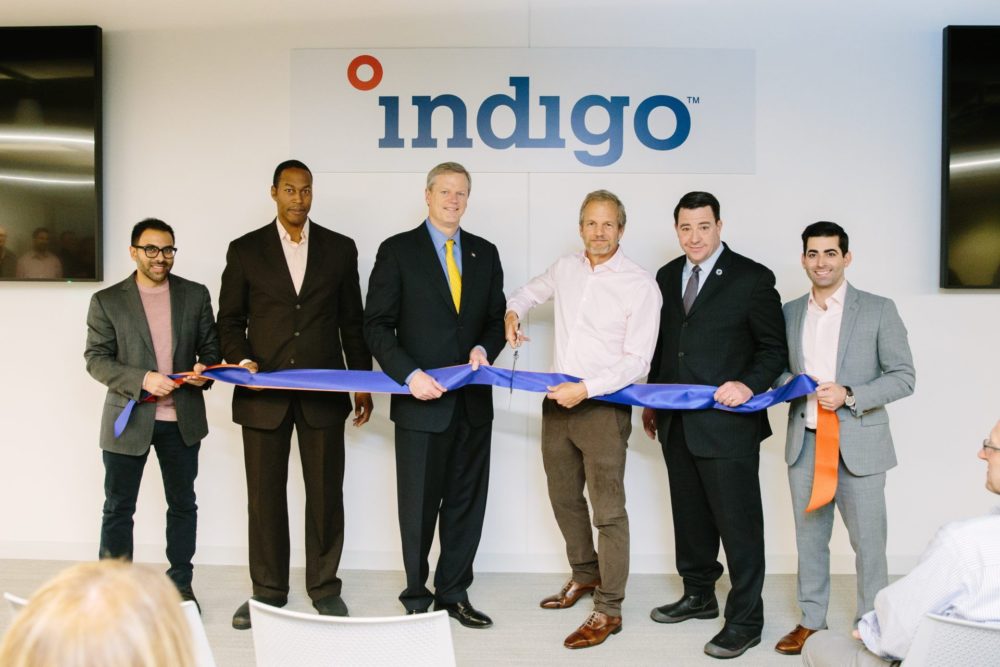Indigo Ag CEO David Perry has left the company, it said in a statement.
Acting chief operating officer (COO) Ron Hovsepian will take over Perry’s role with immediate effect.
The Boston-based agritech firm didn’t give any further details on the reasons for Perry’s departure. Robert Berendes, chairman of Indigo’s board of directors, thanked him for his service and acknowledged his “great vision [foreseeing] how a disruption to the system of agriculture could restore economics for farmers and the health of our planet.”
Incoming CEO Hovsepian is an executive partner at Flagship Pioneering, the venture builder that spun out Indigo in 2013, and has sat on the startup’s board for the past year and a half while also serving as interim COO.
A tech industry veteran, Hovsepian was previously president and CEO at fintech firm Intralinks and software company Novell (now part of Micro Focus.) He earlier held executive roles at IBM and in venture capital.
Berendes described him as a “seasoned operational leader rightly suited to lead the business at this critical stage of maturation,” adding that he “has reshaped the organization with greater customer-centric discipline, focusing resources on four core offerings that will advance Indigo Ag’s mission and place it on a path for accelerated growth and profitability.”
Starting out as a producer of microbial seed treatments in 2016, Indigo has since diversified into myriad areas of agribusiness with the broad, self-ascribed objective of “harnessing nature to help farmers sustainably feed the planet.” In recent months it has launched Indigo Marketplace — an online exchange where farmers can sell their grain — and Indigo Carbon, a carbon credits market that aims to reimburse growers for their soil sequestration efforts.
Skeptical observers have asked whether the company is spreading itself too thin by taking on such a variety of agritech challenges, rather than concentrating on a core offering.
“The hardest thing for us is execution,” Perry admitted in an interview with AFN last month, describing Indigo as “five startups in one.”
“It wasn’t enough to just do a grain marketplace or just transport or just carbon,” he said. “We had to put them all together […] We have to be able to manage all [of our businesses] even as we are growing really fast.”
In any case, investors still seem to be sold on Indigo’s multi-vertical approach. It recently raised $360 million in Series F-plus funding from Flagship Pioneering, the Alaska Permanent Fund, and others. This followed an earlier tranche of $200 million in convertibles and debt from FedEx, Pacific Western Bank, and existing investors in January.
Got a news tip? Email me at [email protected]





